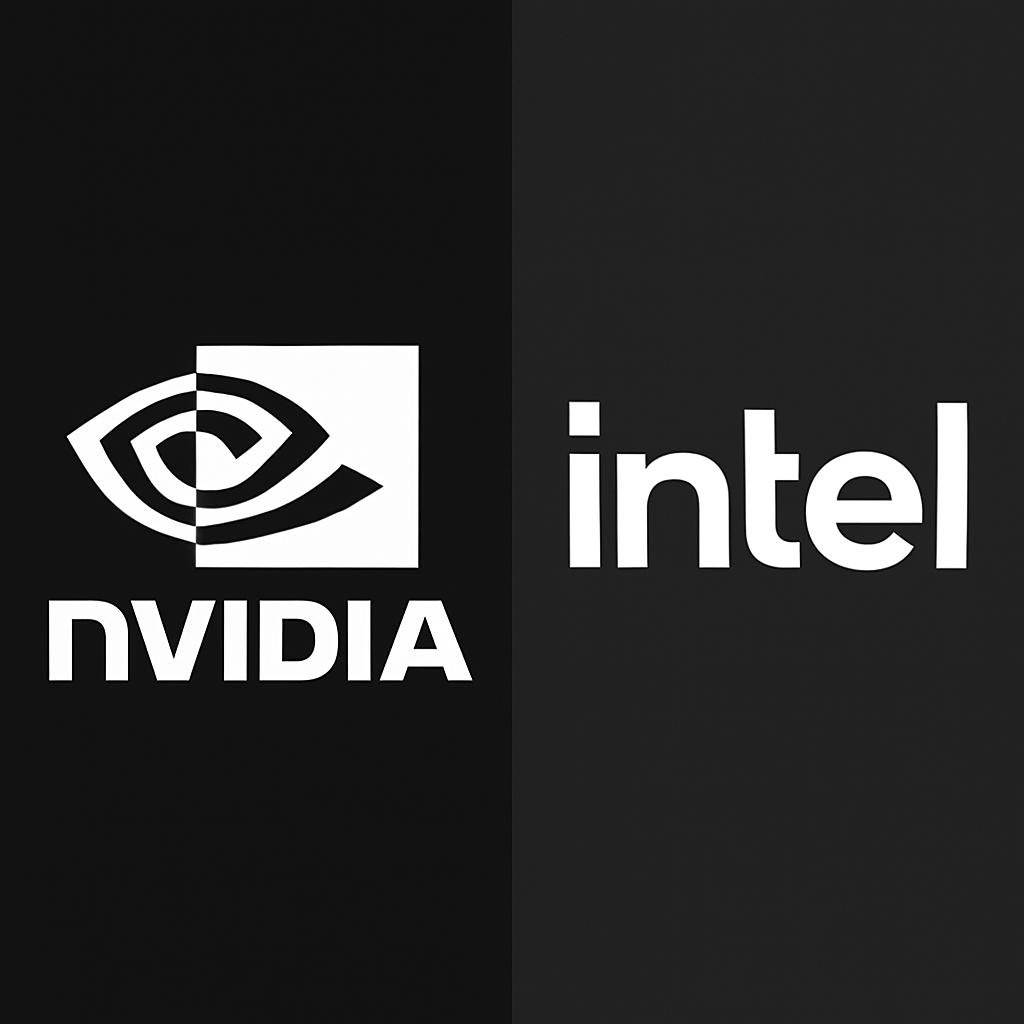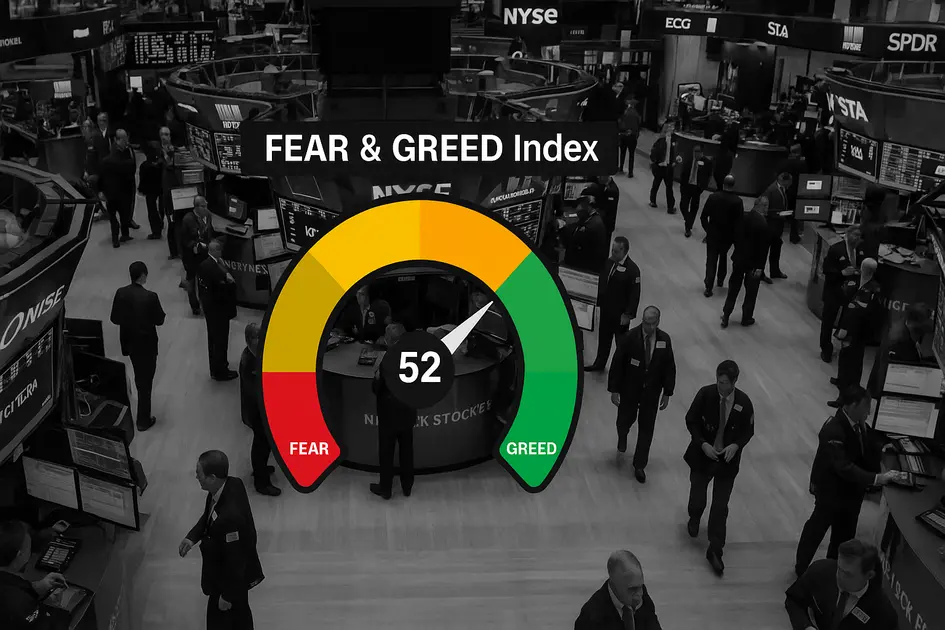Silicon Valley just turned into the Wild West. Not over gold this time, but over talent. Tech giants are tossing around $100 million signing bonuses like it’s nothing.
The latest drama? Meta and OpenAI are in an AI talent war that makes NFL free agency look like a church bake sale. OpenAI just raised its stock comp to $4.4 billion, five times what it paid last year, all because Meta started cutting massive checks.
But before you start dreaming about becoming an AI researcher, let’s cut through the bullshit and figure out what this actually means for your money.
The $100 Million Man (Who Probably Doesn't Exist)
Here’s where it gets fun. OpenAI CEO Sam Altman went on his brother’s podcast and claimed Meta was tossing around $100 million signing bonuses to steal his team. That’s not a typo. One hundred million dollars just to say yes.
Sounds insane because it is.
Lucas Beyer, one of the guys who actually left OpenAI for Meta, called it “fake news” on social. Meta’s CTO Andrew Bosworth doubled down during a company meeting, saying Altman was “just being dishonest here.”
The reality? Meta is offering multi-million dollar packages with complicated stock setups. Not single checks. Still huge money, just not the cartoon-level numbers Altman was tossing out.
Classic Silicon Valley. CEOs talking shit while their stock prices swing based on who’s winning the PR war.
Meta's Superintelligence Power Play
While everyone’s busy arguing over bonus numbers, Meta just made a real power move. They launched something called Meta Superintelligence Labs. Basically their version of the Manhattan Project, but for AI.
Mark Zuckerberg says it’s “the beginning of a new era for humanity,” which either means he’s a visionary or we’re entering the villain arc. Could go either way with Zuck.
Here’s what actually matters. Meta just pulled in at least 11 top AI researchers from OpenAI, Google DeepMind, and Anthropic. That’s not just writing big checks. That’s dismantling the other side’s talent base piece by piece.
They also brought in Alexander Wang, former CEO of Scale AI, and Nat Friedman, former CEO of GitHub. These aren’t random hires. These are operators who know how to build and scale real AI companies.
The "Missionaries vs Mercenaries" Memo
Altman fired back with an internal memo that's basically the corporate equivalent of a diss track. He framed this whole thing as "missionaries versus mercenaries," claiming his purpose-driven researchers will beat Meta's money-motivated talent.
It's a nice story, but here's the problem: OpenAI isn't exactly a charity. They're valued at $157 billion and just raised $6.6 billion. Calling your competitors "mercenaries" when you're also paying people millions is like Jeff Bezos complaining about wealth inequality.
The memo also admitted they need to "review compensation packages for the entire research team." Translation: "We're about to spend a shitload more money to keep our people."
What This Really Means for Investors
Strip away the drama and here's what's actually happening:
Talent costs are exploding. When OpenAI quintuples their stock compensation in one year, that's a massive hit to margins. Good for employees, rough for shareholders.
Meta's making a bet-the-company move. Creating an entire "Superintelligence" division isn't cheap marketing – it's Zuckerberg betting Meta's future on winning the AI race.
Competition is accelerating. When companies are willing to pay nine-figure packages for talent, it means they think the upside is even bigger. That's either very bullish or very dangerous.
The AI bubble might be real. When signing bonuses hit $100 million (even if exaggerated), you're in bubble territory. These compensation levels aren't sustainable long-term.
The Stock Implications
Meta (META): This talent war could actually be bullish. They're investing heavily in AI infrastructure while their core advertising business prints money. If they crack AGI first, game over for everyone else.
OpenAI (Private): Harder to play directly, but their valuation keeps climbing. Microsoft owns a chunk through their partnership, so Microsoft (MSFT) gets some exposure.
The Real Winners: Chipmakers like Nvidia (NVDA) and AMD (AMD). When tech giants are in an arms race, they need more computing power. Simple math.
The Losers: Everyone else trying to compete in AI without infinite money. Smaller AI companies are about to get priced out of talent completely.
The Bigger Picture Nobody's Talking About
This talent war exposes something important: There aren't that many people who actually understand how to build AGI. When 11 researchers can move the needle this much, you're dealing with a tiny talent pool.
That's either terrifying (a few people control humanity's AI future) or incredibly bullish (whoever gets the best talent wins everything).
The compensation arms race also suggests these companies think AGI is closer than most people realize. You don't pay $100 million for someone unless you think they can help you build something worth trillions.
Bottom Line
This isn’t just Silicon Valley drama. It’s a look at how the biggest companies on Earth are setting up for what they think is the most important tech of our lifetime.
Whether Altman’s $100 million claims are true doesn’t really matter. What matters is that Meta and OpenAI are willing to spend billions to win the talent war. Both sides clearly think this is a winner-takes-all race.
If you’re an investor, pay attention to who’s stacking the best team. When the endgame is artificial general intelligence, second place doesn’t count.
Just don’t quit your job to become an AI researcher yet. There are maybe a few dozen people on the planet actually worth those kinds of numbers. The rest of us will have to settle for regular millionaire money.
Tough break.





